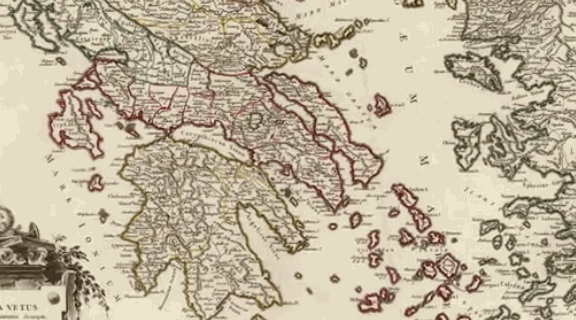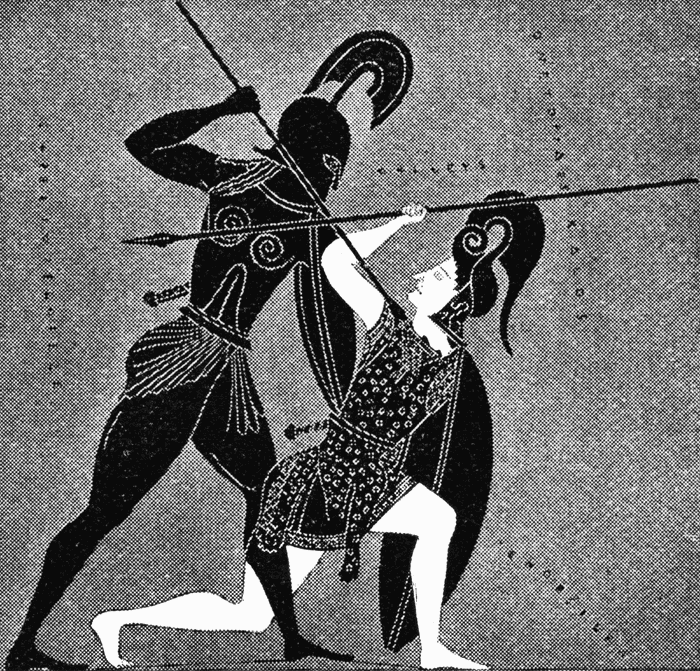Timeline of Ancient Greek history

3000 BCE First Settlers: Hunter-gathers begin to settle in what is Greece. A bronze age culture and civilization begins on the island of Crete. 1600 BCE Mycenaean Greece: Bronze age kingdoms in mainland Greece. Powerful kings who ruled centralized states and who built great palaces such as Mycenae. 1194 BCE Trojan War: This was a










